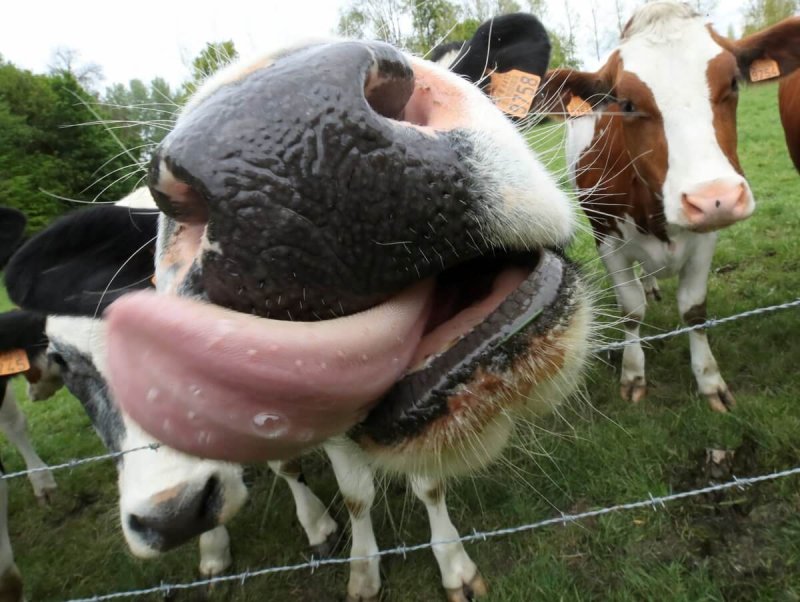Using genetics… scientists have isolated the gene in cattle which causes excess methane production. Through selective breeding, it claims this will enable farmers to selectively breed cattle with a significantly lower methane output, thus help them to reduce emissions.
A study by Synomics used its proprietary combinatorial analytics and prediction engine to analyse phenotypic and metagenomic data from more than 1000 dairy cows across two breeds and five countries to identify novel targets for the association between the host animal genome, its rumen microbiome and its methane emissions.
“The idea behind the system is to analyse the DNA of any breed of cattle by looking at the genome, find the gene that produces less methane and then selectively breed that breed of cattle,” a spokesperson explained… Further, because there’s no altering of the cattle’s genetics or DNA, there’s no difference in the end product in terms in terms of taste or other aspects.
Currently, those looking to reduce the methane emissions from cattle might have to use premium-priced feed which impacts margins. But as the company’s method is based on selective breeding, not feed, the cows could continue to be fed in the more cost-efficient way.































